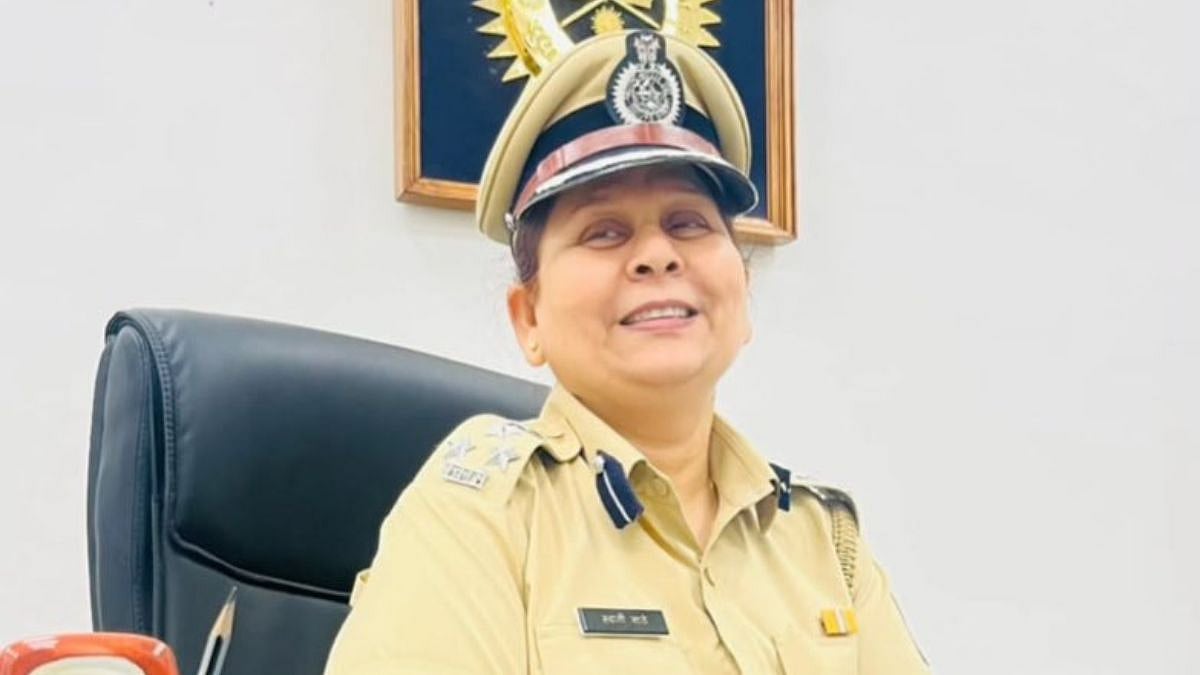Mumbai: Swati Sathe, Deputy Inspector General (DIG) of Jails for the Western Region, was elevated to the post of Inspector General (IG) on Thursday, just four days ahead of her retirement. With this, she has become the first officer from the Maharashtra state prison cadre to be promoted to the IG rank, a position traditionally held by Indian Police Service (IPS) officers.
Who Is Swati Sathe?
Sathe, who is set to retire on June 30, has had an illustrious 29-year career in prison administration, marked by her leadership during some of the most high-profile executions in India. She supervised the hanging of 26/11 Mumbai terror attack convict Ajmal Kasab at Yerawada Central Jail in Pune in 2012, and later, in 2015, oversaw the execution of Yakub Memon, convicted in the 1993 Mumbai serial blasts case, at Nagpur Central Jail.
Her promotion is being seen as a major milestone for officers within the prison services, who typically retire at the DIG level. The decision to promote her comes as a recognition of her exemplary service and commitment to prison reforms and security management across Maharashtra’s jails.
Swati Sathe began her career in June 1995 as a deputy superintendent of jails and steadily rose through the ranks. In 2011, she was promoted to the position of DIG. Over the years, she has held critical assignments, including two stints as superintendent of the Arthur Road Jail in Mumbai, one of the state's most high-security prisons.

Throughout her tenure, Sathe was known for her no-nonsense approach, strong administrative skills, and for handling sensitive operations with precision and integrity. She also contributed to systemic reforms aimed at improving prisoner rehabilitation, infrastructure upgrades and better coordination among jail staff.
Sathe Grateful On Her Promotion
Speaking after her promotion, Sathe said, “I am very happy and feeling fulfilled and grateful,” as quoted by Hindustan Times. Sathe’s promotion is being seen as a boost for morale within the prison department and a possible step towards giving more recognition to in-service officers for top roles traditionally reserved for IPS officers.








